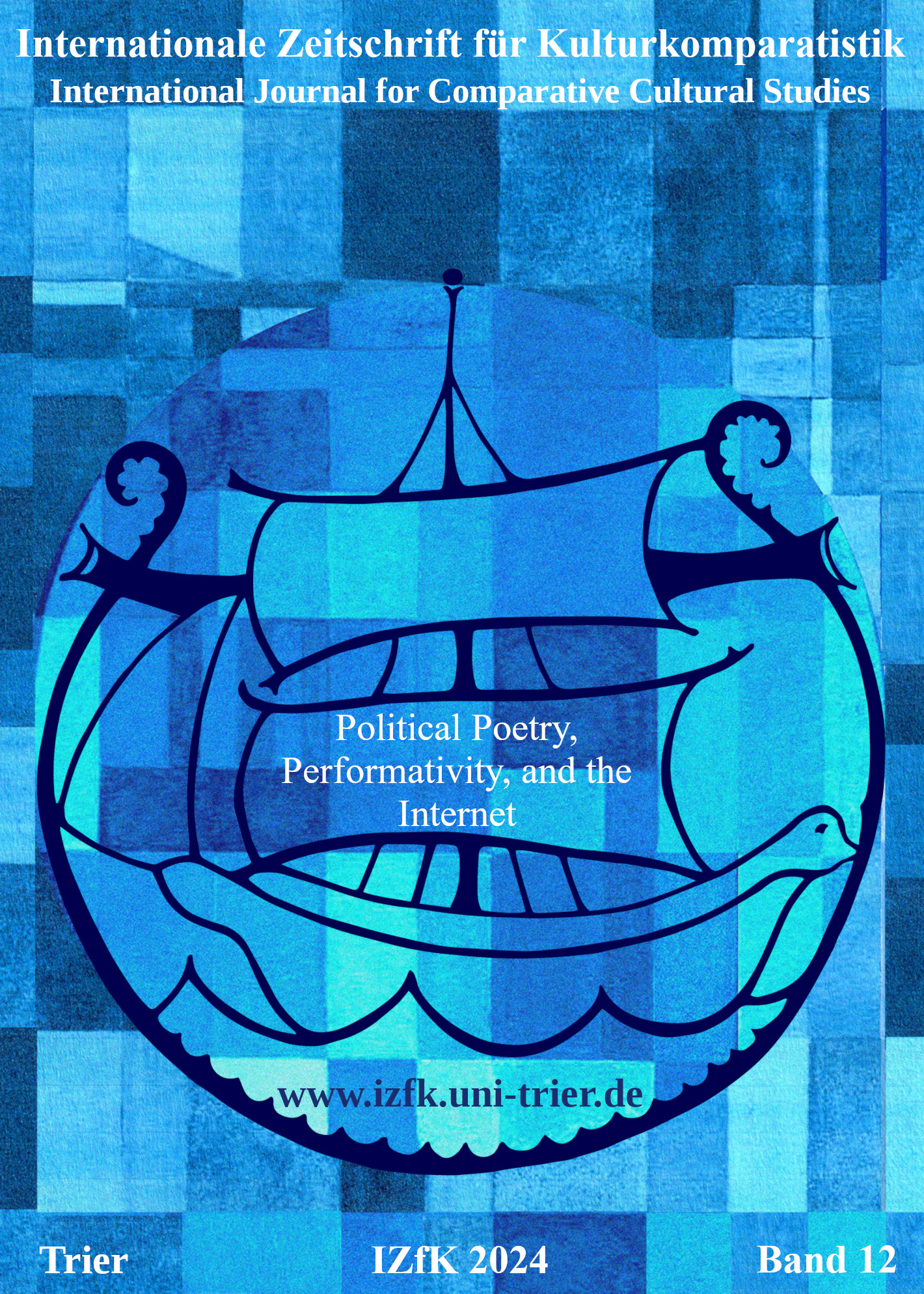Код-«мусор» – кривой почерк – опечатка: несовершенство как литературный приём в цифровой эре
Main Article Content
Abstract
Code “garbage” - crooked handwriting - typo: Imperfection as a literary device in the digital age
In this digitized age, we witness a transnational interest in the ‘aesthetics of imperfection’ – aesthetic gestures that foreground shortcomings, mistakes, and flaws. Blockbusters shot with cheap cameras, trash fashion, consciously blurry photos, glitch music: for the cultural producers and consumers of these and other aesthetic practices, the unpolished object is not a taboo but rather an asset or a hallmark of sincerity, authenticity, and other positive values. With the help of existing scholarship, in this article, I will study and compare the writings of three Russian poets/artists: Vera Khlebnikova, Vera Pavlova, and Linor Goralik. Each uses conceptual as well as formal, grammatical, and/or stylistic imperfections as an aesthetic device. The aim of my analysis is to juxtapose and historically contextualize the social anxieties that inform these and other present-day creative practices that foreground the imperfect.
Article Details

This work is licensed under a Creative Commons Attribution 4.0 International License.

